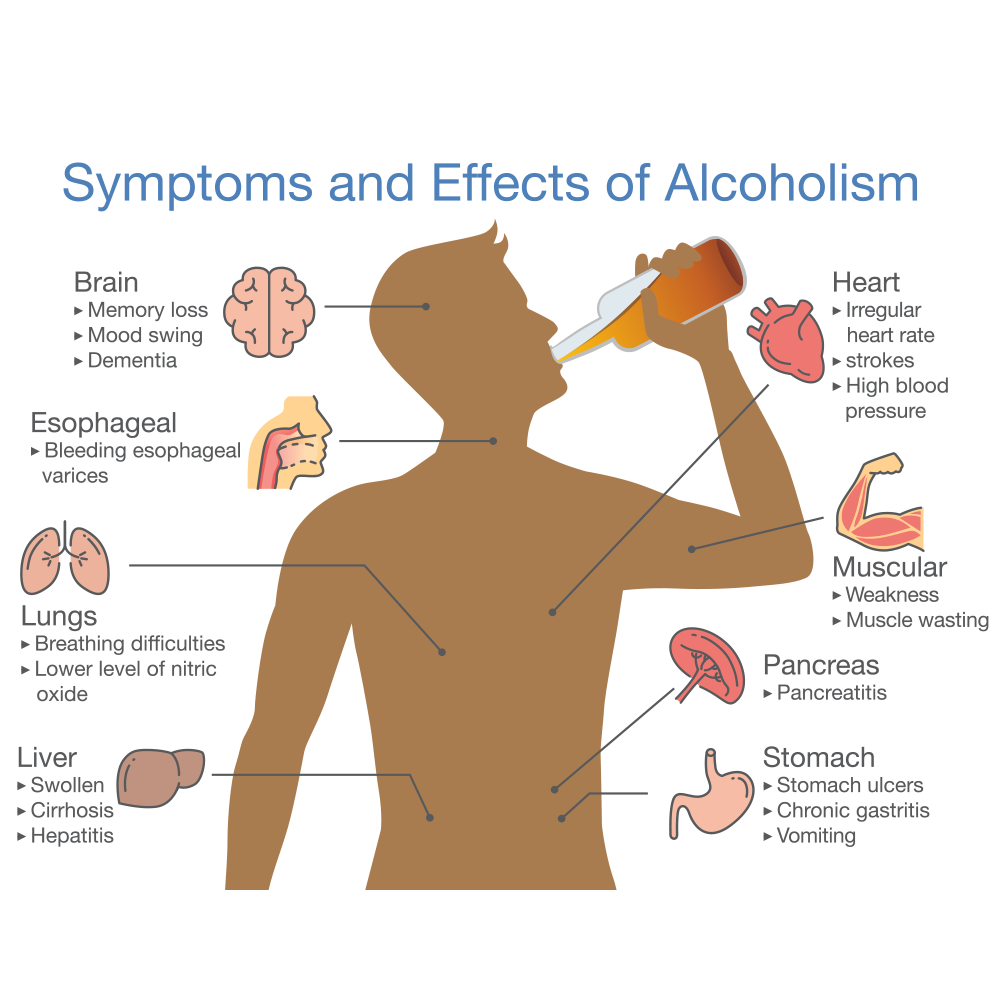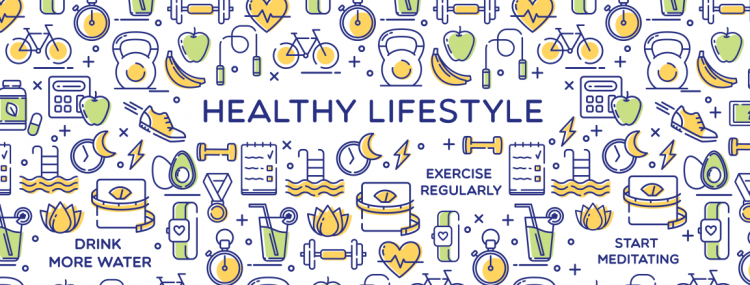
Stay fit and eat healthy during quarantine
As our Country continues to take measures to control the COVID-19 pandemic, many healthy individuals are being requested to stay at home in self-quarantine. Staying at home for long periods of time can pose a significant challenge for remaining physically active. Sedentary behaviour and low levels of physical activity can have negative effects on your health, well-being and quality of life. Self-quarantine can also cause additional stress and challenge the mental health of citizens. Physical activity, a well-balanced diet and relaxation techniques can be valuable tools to help you remain calm and continue to keep you fit and healthy during this time. Follow the tips below to eat healthy and to stay in shape.
- Eat a well-balanced diet: Fresh fruits and vegetables, especially those that are in season, are the most important foods for supplying the vitamins, minerals and fibre our body needs for good health and normal immune function. Aim to eat a minimum of five portions (equivalent to around 400g) of fruits and vegetables daily. Fresh, frozen, canned, dried, and juiced (maximum 1 serving per day) versions all count as a portion. As different coloured fruits and vegetables provide different combinations of vitamins, minerals, and phytochemicals, ensure you add a variety to your daily meals where possible. Also, choose whole grains rather than refined foods, eat plant and animal proteins and healthy fats. This is the best way to get all the essential nutrients you need for good health and normal immune function
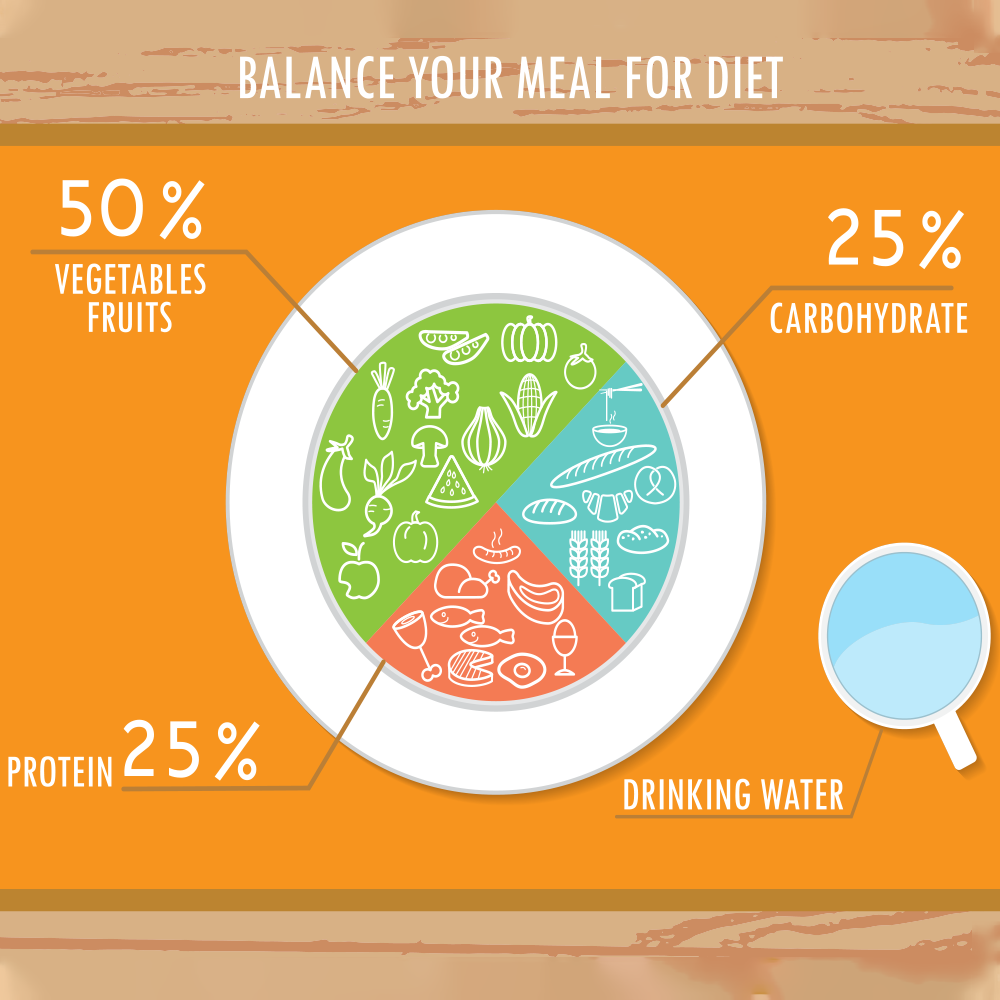
- Avoid binge eating: As self-isolation may lead you to be less active, it is also important to pay close attention to the amount of food you consume and to keep your energy balance adjusted to meet your needs. Portion sizes can be a challenge, especially when you are cooking at home. Understanding what the right portion looks like can help you avoid under- or overeating. Not all foods have the same portion sizes. Practice mindful eating to maintain a healthy relationship with food and to balance your energy intake. Another trick to avoid overeating is to serve yourself on a plate or in a bowl, rather than eating straight out of the bag.
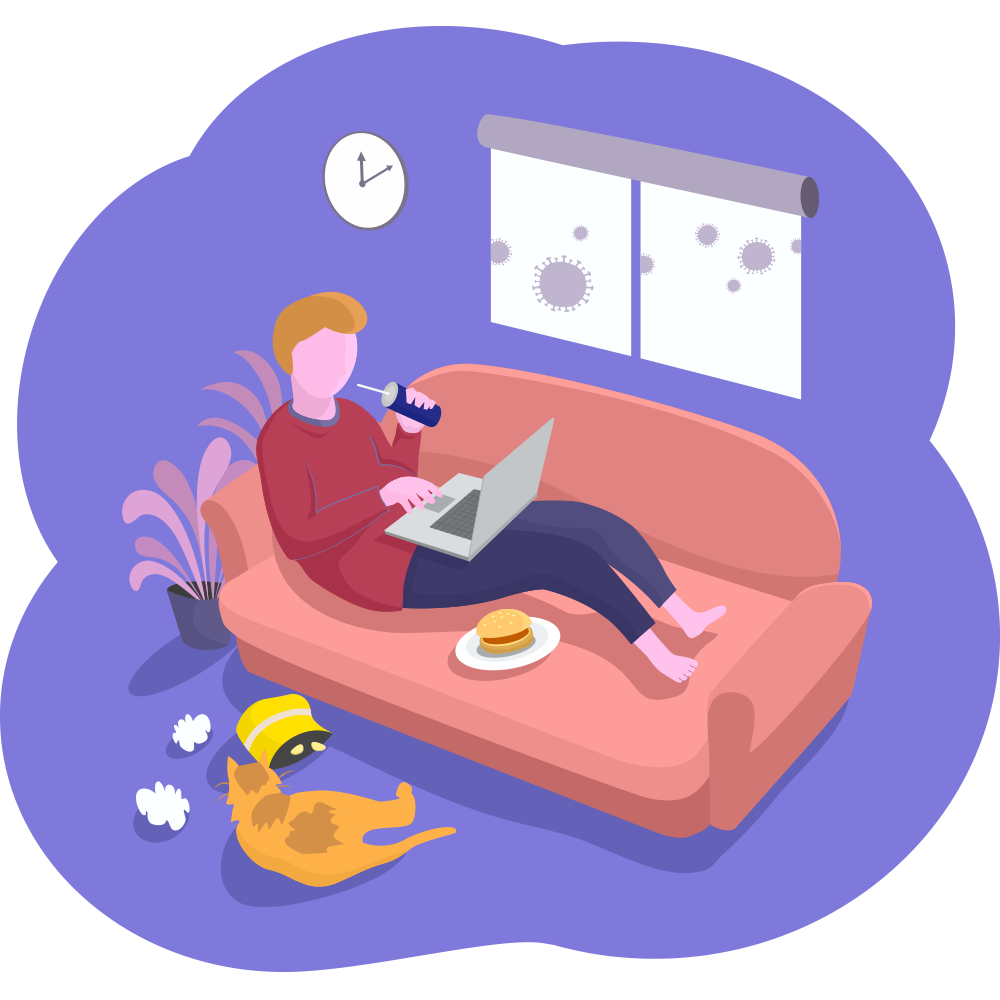
- Stay hydrated: Keeping yourself hydrated is essential for your overall health. How much water you need depends on our age, sex, weight, height, level of physical activity and environmental conditions (i.e. hot weather will likely require you to drink more water). Adults ideally require 2 litres a day, children require 1.5 litres a day and toddlers 0.9-1 litre a day. For a refreshing boost, you can add slices of lemon, cucumber, or mint.
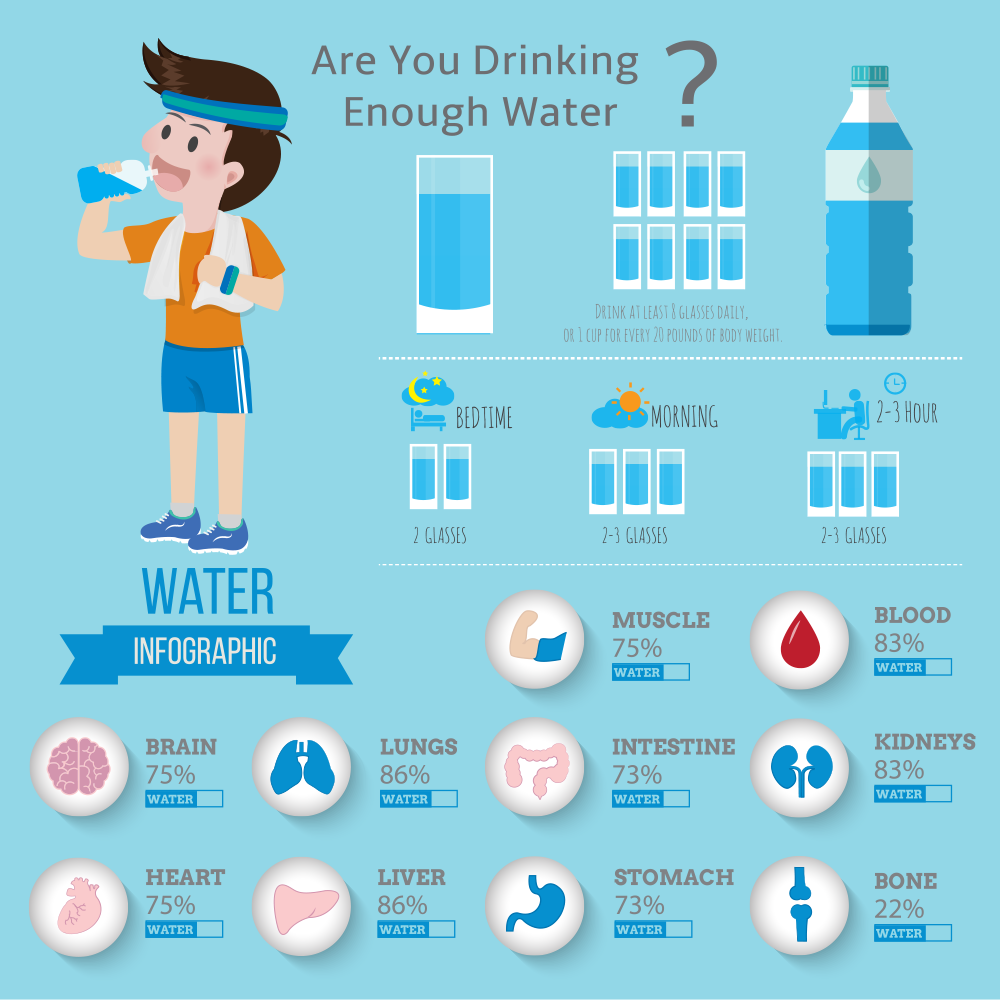
- Choose plant and animal-based proteins in your meals: One of the most essential nutrients for the healthy functioning of our body and immune system is protein. We can get protein from both animal- and plant-based sources, such as beans, pulses, fish, eggs, dairy products, and meats. Our protein requirement changes depending on our stage of life. Adults are recommended to eat at least 0.83 g of protein per kg body weight per day, equivalent to 58 g/day for a 70 kg adult. It is important to choose protein-rich foods that not only help us meet our needs but also support a healthy diet. In case of limited access to fresh meat and fish, frozen and canned versions can provide convenient and nutritious alternatives. However, as the fat and salt content can be high in some canned meats and fish it is important to check the label and choose lower fat and salt varieties. Plant-based proteins such as pulses, cereals, nuts, and seeds also have a long shelf-life and can provide convenient protein-rich and nutritious meals or snacks.
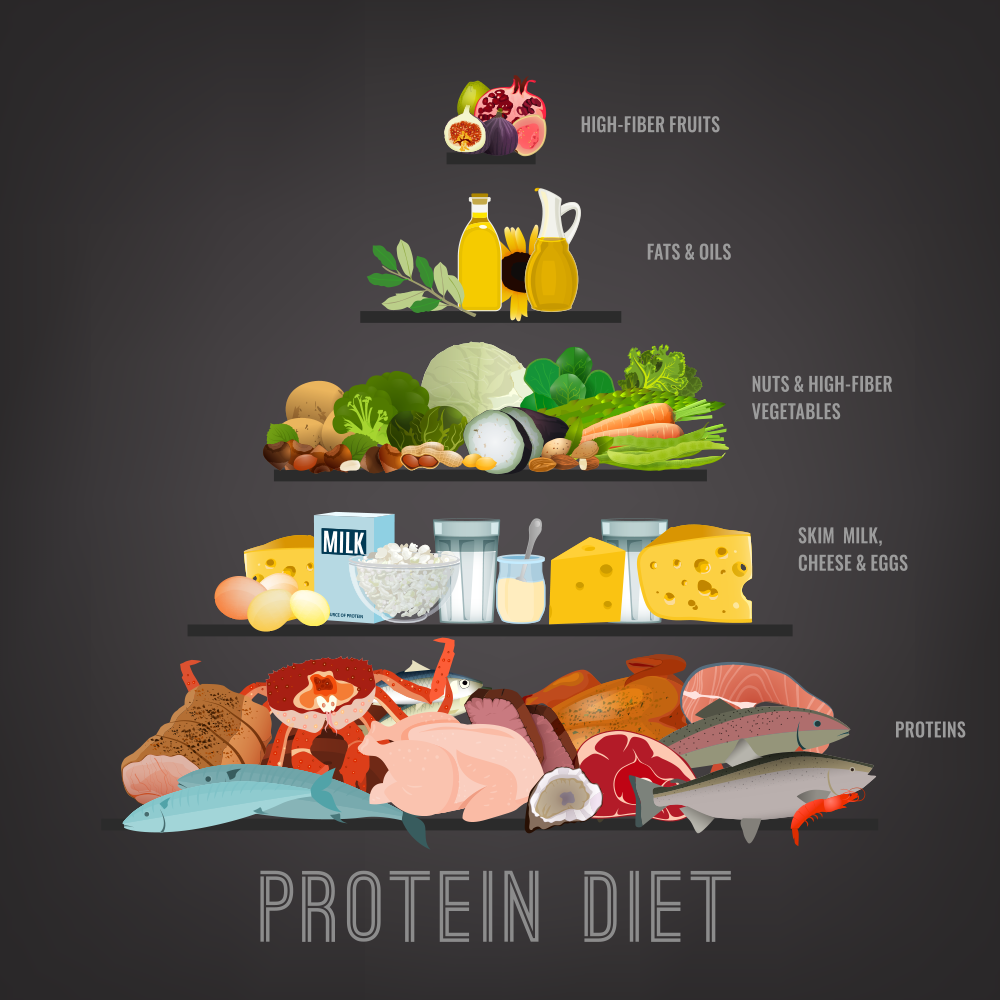
- Stay physically active: Self-isolation leaves us with fewer opportunities to be physically active, especially if you are used to walking or cycling for transportation and doing leisure-time sports. But equally worryingly, the home environment also offers abundant opportunity to be sedentary. Exercising keeps our immune system strong, less susceptible to infections and their consequences, and better able to recover from them. Global recommendations are for adults to incorporate at least 150 minutes of moderate-intensity or 75 minutes of vigorous-intensity physical activity per week, as well as muscle-strengthening activities on two or more days a week. Any activity is better than none, and more activity provides more physical and mental health benefits.
Follow these tips for staying physically active during self-isolation or quarantine:
- Plan time for physical activity in your day
- Take regular breaks from sitting by standing up and stretching or going for a quick walk if permitted
- Follow an online exercise class
- Think outside the box: activities like dancing, playing active videogames, cleaning the house or playing with your kids all count as physical activity!

- Limit foods that are high in sugar and salt: Packaged food and drinks high in fat, salt and sugar such as cookies, potato chips, chocolate and sugary drinks, when eaten in high amounts can lead us to consume a lot more calories than our bodies need. Though these may provide instant gratification to our taste buds, they often provide little nutritional benefit, they are not needed for a healthy diet and should only be enjoyed in small amounts and eaten occasionally.
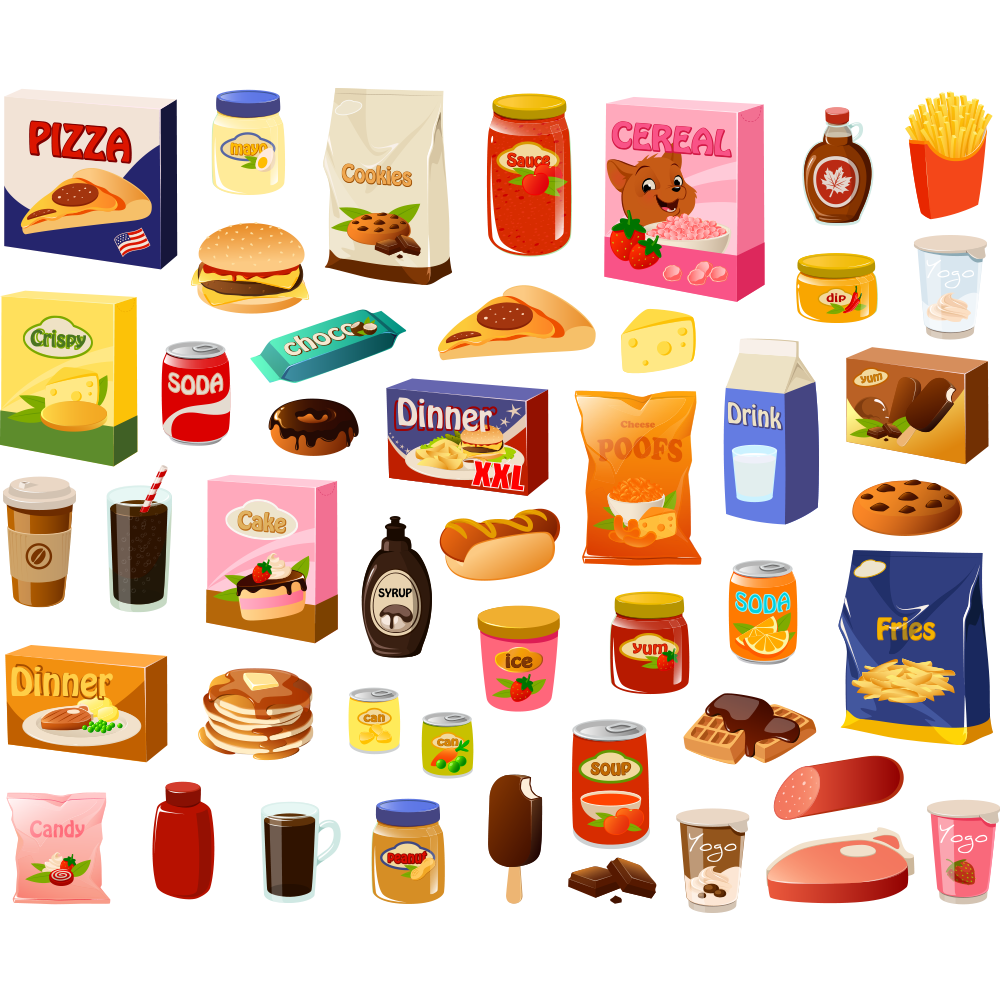
- Limit alcohol consumption: In no way will consumption of alcohol protect you from COVID-19 or prevent you from being infected by it. Alcohol has effects, both short-term and long-term, on almost every single organ of your body. Overall, the evidence suggests that there is no “safe limit” – in fact, the risk of damage to your health increases with each drink of alcohol consumed. Consuming alcohol will not destroy the virus, and its consumption is likely to increase health risks if a person becomes infected with the virus. Alcohol (at a concentration of at least 60% by volume) works as a disinfectant on your skin, but it has no such effect within your system when ingested.
